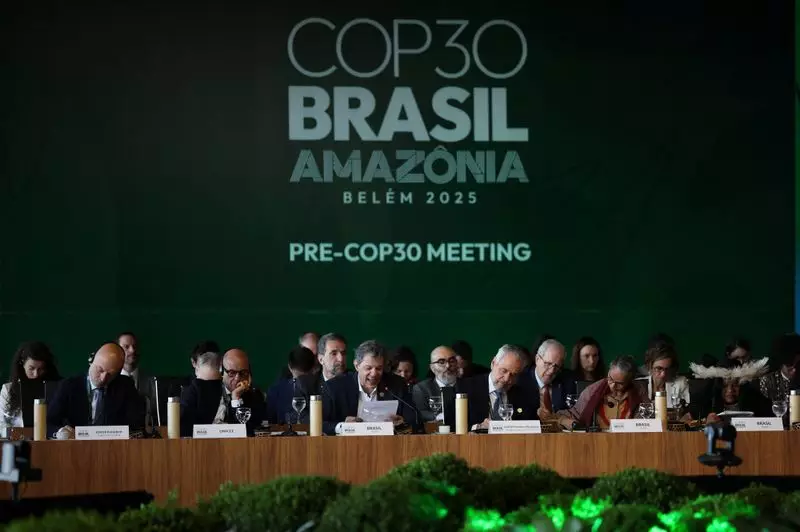
As the world prepares for the crucial COP30 climate summit in Brazil, India has powerfully reaffirmed that multilateral cooperation remains the fundamental bedrock of meaningful global climate action. The nation's stance emphasizes that no single country can tackle the climate crisis alone, and collective international effort is paramount.
India's position underscores several key principles that will shape its approach to the upcoming negotiations:
- Equity and Climate Justice: Ensuring developed nations acknowledge their historical responsibility in emissions
- Common But Differentiated Responsibilities: Recognizing that countries have varying capacities to address climate change
- Technology Transfer and Finance: Advocating for accessible clean technology and adequate climate financing for developing nations
- Sustainable Lifestyle Promotion: Championing the LiFE (Lifestyle for Environment) initiative globally
The Road to COP30 in Brazil
With Brazil set to host the 2025 UN climate conference in Belém, India's early positioning signals its intention to play a constructive yet firm role in shaping the global climate agenda. The Brazilian summit is expected to focus heavily on Amazon conservation and tropical forest preservation, areas where India's own forest management experience could contribute valuable insights.
Building on Previous Climate Achievements
India enters these preparations from a position of strength, having exceeded its Paris Agreement commitments ahead of schedule. The country has made remarkable progress in renewable energy expansion, particularly in solar power, while simultaneously addressing energy poverty and development needs.
The timing is critical as nations prepare to submit their next round of climate action plans (NDCs), and India's emphasis on multilateralism serves as a reminder that climate solutions require global solidarity rather than isolated national efforts.
As climate impacts intensify worldwide, India's consistent advocacy for a rules-based international order in climate negotiations positions it as a crucial bridge between developed and developing nations. The country's approach balances environmental responsibility with the development imperatives of emerging economies.





